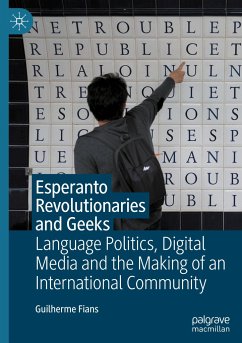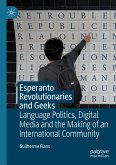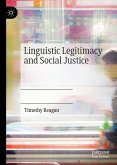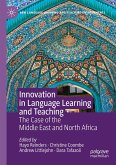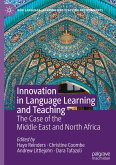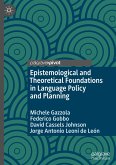This book explores how Esperanto - often regarded as a future-oriented utopian project that ended up confined to the past - persists in the present. Constructed in the late nineteenth century to promote global linguistic understanding, this language was historically linked to anarchism, communism and pacifism. Yet, what political relevance does Esperanto retain in the present? What impacts have emerging communication technologies had on the dynamics of this speech community? Unpacking how Esperanto speakers are everywhere, but concentrated nowhere, the author argues that digital media have provided tools for people to (re)politicise acts of communication, produce horizontal learning spaces and, ultimately, build an international community. As Esperanto speakers question the post-political consensus about communication rights, this language becomes an ally of activism for open-source software and global social justice. This book will be of relevance to students and scholars researchingpolitical activism, language use and community-building, as well as anyone with an interest in digital media more broadly.
"My curiosity turned to pleasure as I read on, since Fians' writing is both ethnographically rich ... and theoretically sound ... . Thorough and easy to read, with material from real speakers and situations, Fians' book would make an excellent text for courses dealing with sociolinguistics and multilingualism - and, of course, for those focused on constructed languages. It could also serve as a model for those conducting research in constructed-language settings and, more generally, for those working with international and dispersed communities." (Christine Schreyer, Journal of Multilingual and Multicultural Development, July 31, 2022)

